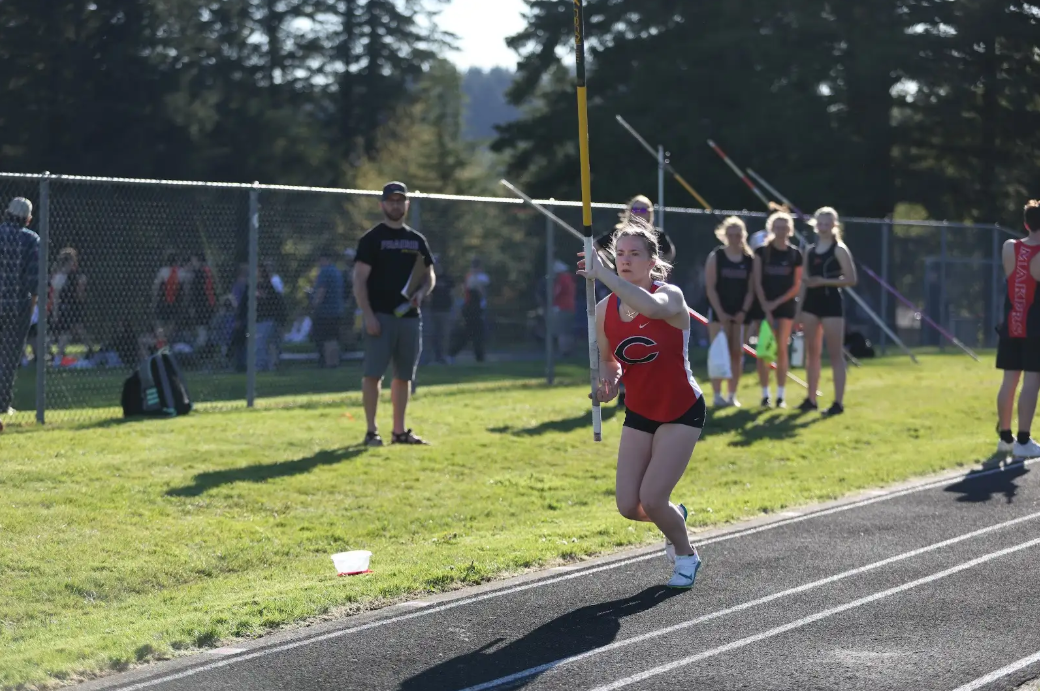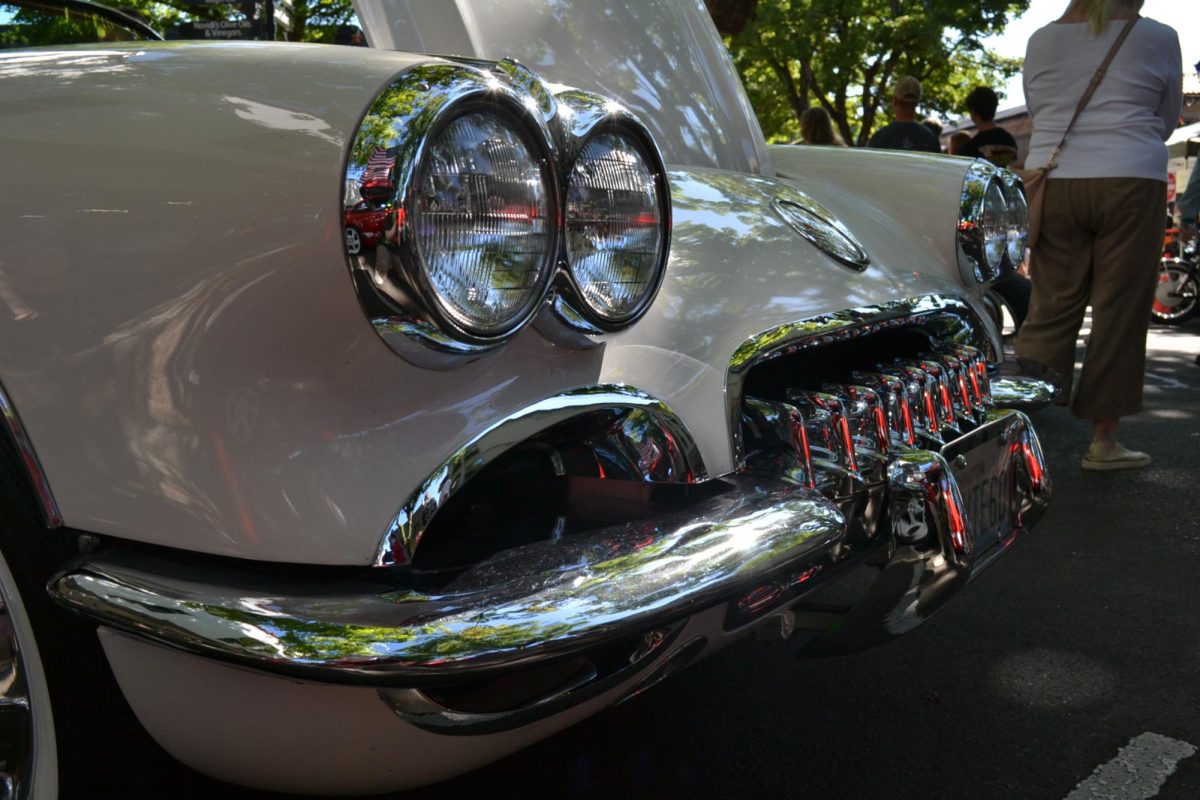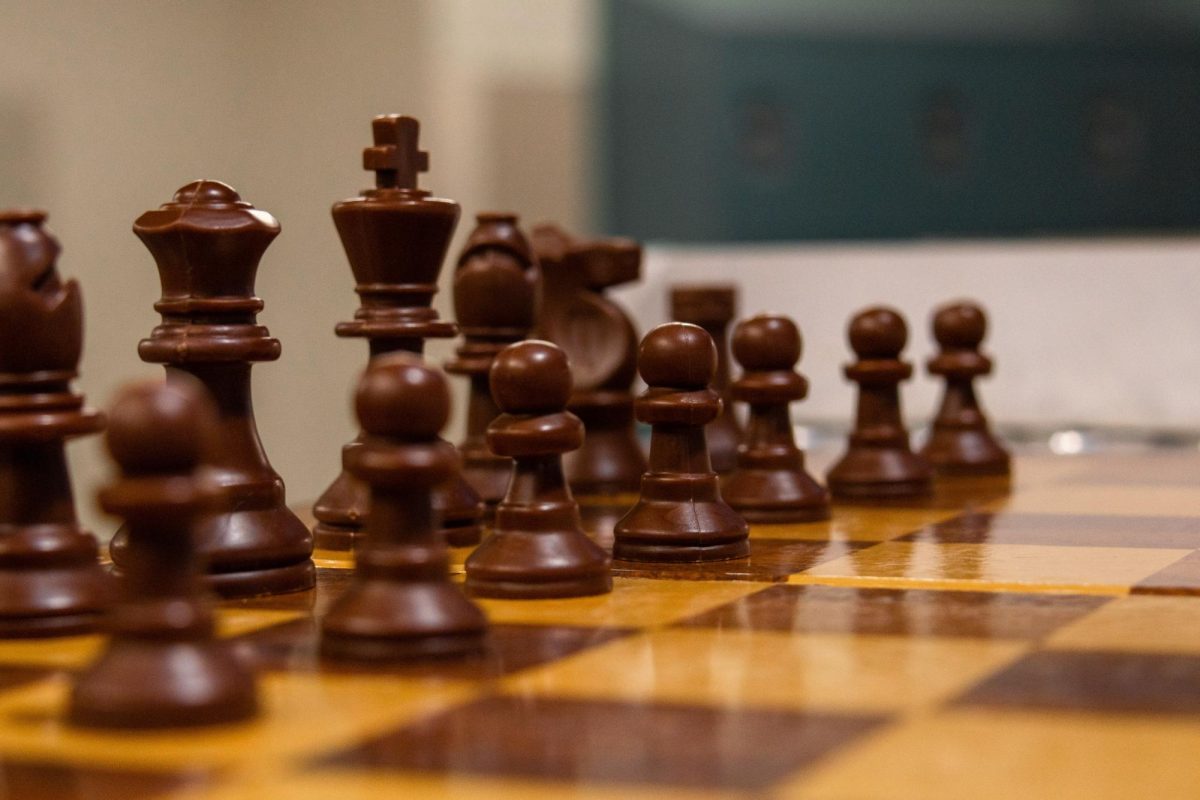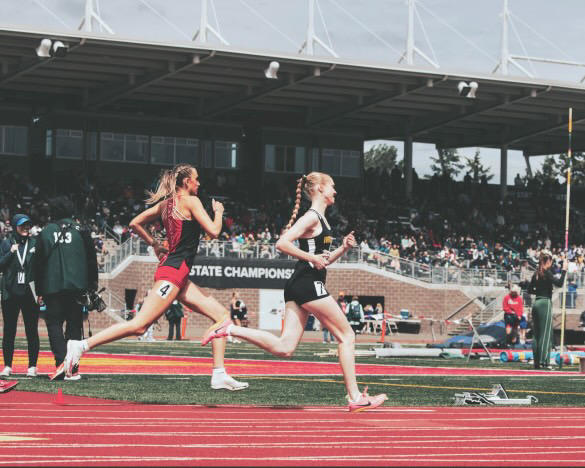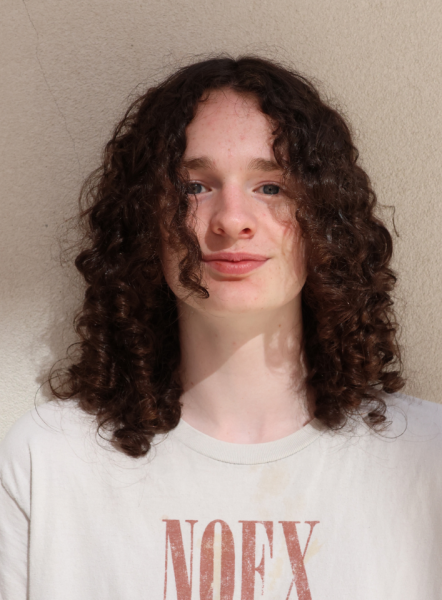In a classroom at Camas High School (CHS), the gentle clatter of chess pieces and occasional murmur of strategic conversation fills the air. Unlike many school clubs in CHS, where teacher advisers direct activities and create structures, room 101 operates differently. Here, the Chess Club flourishes under an unconventional model, one that puts students firmly in the driver’s seat.
“There was already a chess club, and I just wanted to play chess. I showed up, and there was one other student there,” Cory Vom Baur, the club’s adviser, said.
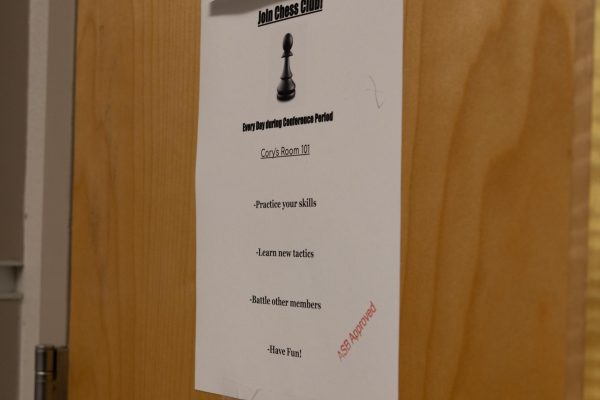
What started as a casual interest became an official advisory role, though Vom Baur’s approach would prove anything but traditional.
His hands-off approach was not immediately successful. Early meetings saw fluctuating attendance and uncertain direction until students, recognizing the opportunity for genuine leadership, began to take initiative.
“Everything’s student-led,” Vom Baur said. “I just play chess with kids and provide an environment for them.”
Student Leadership in Action
Under the guidance of student president Eli Reeves, a CHS senior, the club has developed a unique identity within CHS’s extensive extracurricular offerings.
“I want the environment to be super casual and chill,” Reeves said. “Everyone is invited, and it’s not meant to be super formal.”
This approach marks a significant departure from the structured, competition-focused nature of many chess organizations.
The club’s daily operations reflect this student-centered philosophy. Members organize their own tournaments, mentor newcomers and establish meeting protocols. Senior members often take on informal teaching roles, sharing strategies with beginners and fostering a collaborative learning environment.
“What makes our club special is that there’s no pressure,” Reeves said. “You can come in knowing nothing about chess and feel welcome, or you can be an experienced player looking for challenging matches. We accommodate everyone.”
Creating Community Through Chess
The impact of this student-led approach extends beyond the chessboard. Regular attendees report improving skills in leadership, problem-solving, and organizational management, competencies typically associated with more formal leadership programs.
The club’s laid-back atmosphere has attracted a diverse group of students who might otherwise avoid traditional competitive chess environments. On any given meeting day, the room hosts athletes, honor students and self-described “casual players,” who all engage over chess boards.
“We’ve seen students who were initially hesitant to join any school activities find their place here,” Vom Baur said. “There’s something powerful about letting students create their own space.”
Looking to the Future
As the club continues to expand, its leadership is exploring new opportunities while maintaining its core philosophy of student autonomy. Plans are underway for both tournaments between CHS students and inter-school tournaments.

“We’re looking at organizing some friendly tournaments with other schools,” Reeves said. “But we want to do it our way, keeping that casual, welcoming vibe that makes our club special.”
The club meets every Tuesday and Thursday after school, though informal gatherings often occur during lunch periods. New members are welcome at any time, regardless of experience level. For students interested in joining or learning more about the Chess Club’s unique approach, meetings are held in room 101.
As Reeves said; “just show up and play. That’s all it takes to be part of something special.”











